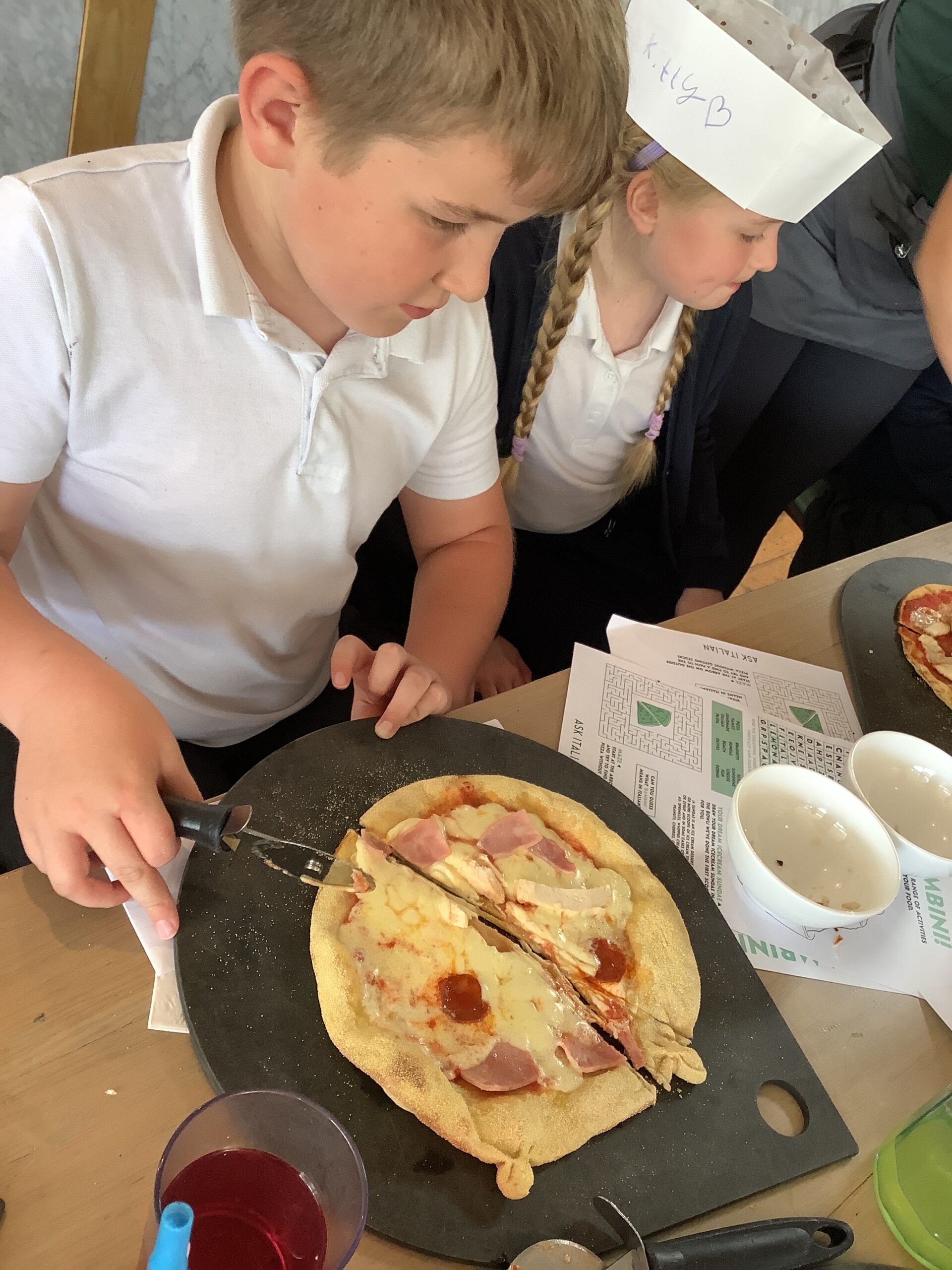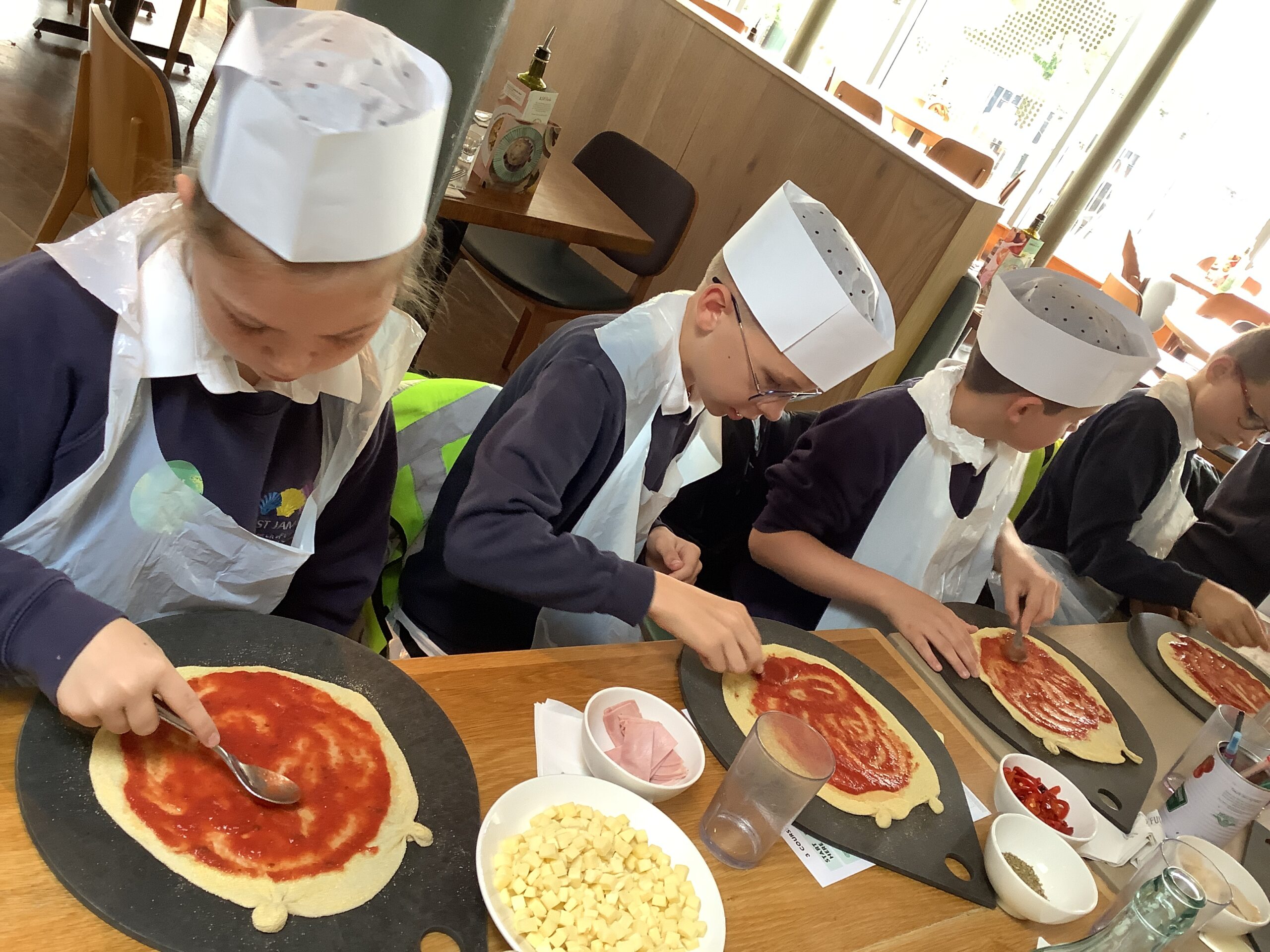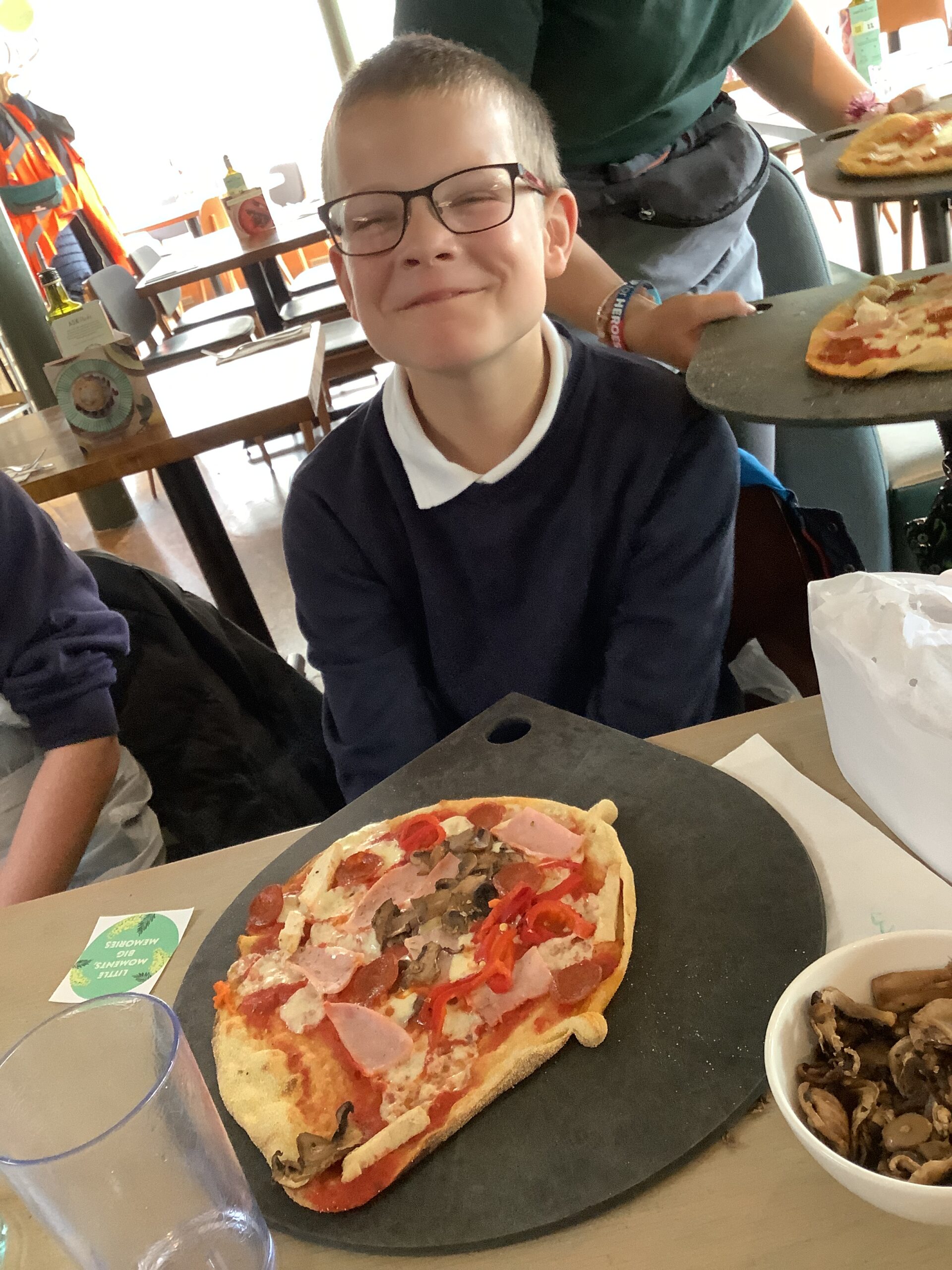To kick off this week, do check out this exciting event happening in Leeds: Little Amal has travelled over 8,000km and is in Leeds on Monday evening.
This week’s message comes from Mr Wilks, who leads on Science and foundation subjects across Sphere Federation…
What do we mean by topics?
Topics are the vehicle for delivering much of the learning in the foundation subjects (eg history, art, geography…). Each half-termly topic has a driving subject – the main focus for teaching pupils the knowledge and skills they need to succeed in life. The driver changes with each topic to ensure a broad and balanced curriculum.
Although the learning in each topic will be provided by the driving subject, there are opportunities for enrichment through other subjects. For example, learning in an art topic may be enriched by geography – learning about where an artist was born and lived.
Read more about the intent, implementation and impact of our topics.
What is this half-term’s topic?
Design and Technology is the driving subject for this half-term and it’s a great topic to finish the year! The focus for all classes this year is textiles (next year, it’s construction), so your child will be busy designing and making products using fabric.
A key aspect of the Design and Technology curriculum is the understanding that products don’t just get made. Instead, they go through a design process that includes three key elements: evaluate, design and make. Think of this process as a cycle. For example, Sphere Motors want to create a new family car. Before the car is made, they need to evaluate existing products and talk to customers so that they’re clear about what the new car needs to have. They will then design the car and evaluate those designs. They may make a prototype of the car to help them evaluate the designs. Next, they’ll decide on a final design that will go into production and get made. This finished product will be evaluated and the whole process starts again.
Each phase has age-related specific knowledge, skills and vocabulary that they’ll learn, use and apply across the topic. See page 17 and 18 of our Curriculum Statement.
Years 1 and 2
The product the children will be designing, making and evaluating is a hand puppet. They’ll start by learning about the design process before looking at and evaluating existing hand puppet products. They’ll then learn to use an over stitch and practise threading needles and tying knots. Following this, they’ll be introduced to all the materials they can use to create their puppet. Once they’re familiar with the materials, they’ll design their puppet. Next, it’s on to the making stage. They’ve already honed their sewing skills so they should be confident making and then decorating their puppets according to their designs. Finally, it’s evaluation time: children will compare their designs to their finished products. They’ll reflect on successes and things they’d do differently next time.
Years 3 and 4
The product the children will be designing, making and evaluating is a pouch. The function of this pouch is entirely up to them. It could be used to store some pens, trading cards, a shell collection. Children can be as creative as they like – as long as the pouch can be made using a 23cm² piece of felt!
Before they begin to design their pouch, they’ll learn about a famous designer and how they became a designer. They’ll also learn some important skills that a designer needs. Children will then evaluate existing pouches, with a focus on fastenings, and will then design their pouch. They’ll practise their sewing skills, becoming proficient using a running stitch. They’ll then begin to make their pouches. First, they’ll create a template which they’ll use to cut out the pieces. Next, they’ll join the pieces using their running stitch and create a fastening for their pouch. Finally, they’ll evaluate their designs by comparing them to their designs, testing whether they’re fit for purpose and reflecting on their successes and areas to improve.
Years 5 and 6
The product the children will be designing, making and evaluating is a cushion. Before they get stuck into their cushion, they’ll learn about some designers who changed the world: Isambard Kingdom Brunel, George Stephenson, Lewis Latimer and Jony Ive. They’ll learn about their creations and their impact and look for things that link the designers. Following this, children will learn about the importance of design criteria when designing a product. After this, they’ll be practising their sewing skills and learn how to sew using a backstitch. Next, they’ll evaluate existing cushions. They’ll then decide on the specific design criteria for their cushions and create their designs using an annotated sketch, detailing the dimensions of their product. They’ll learn about the importance of using sustainable materials when researching the filling used for their cushion (the plan is to use old, unwanted pieces of fabric to stuff the cushions rather than Polyfill so please have a look through your wardrobe and keep hold of any old t-shirts or other clothes as we’ll need them later in the half-term).
Children will use a template to cut out the shapes, use a backstitch to add decoration to their cushion before finally sewing the pieces together and stuffing them. The final stage is to evaluate the designs against the design criteria.
Help at home
Talk to your child about what they’ve been learning in class. The class news page of the school website is a good place to go to find out more about what the children are doing.
The school library and local libraries will have some books about Design and Technology which your child will be able to borrow and develop both their reading skills and design knowledge.
Finally, there are a lot of programmes on CBBC and CBeebies with a Design and Technology focus:
- Bitz and Bob
- Grace’s Amazing Machines
- Junk Rescue
- Maddie’s Do You Know?
- The Dengineers


